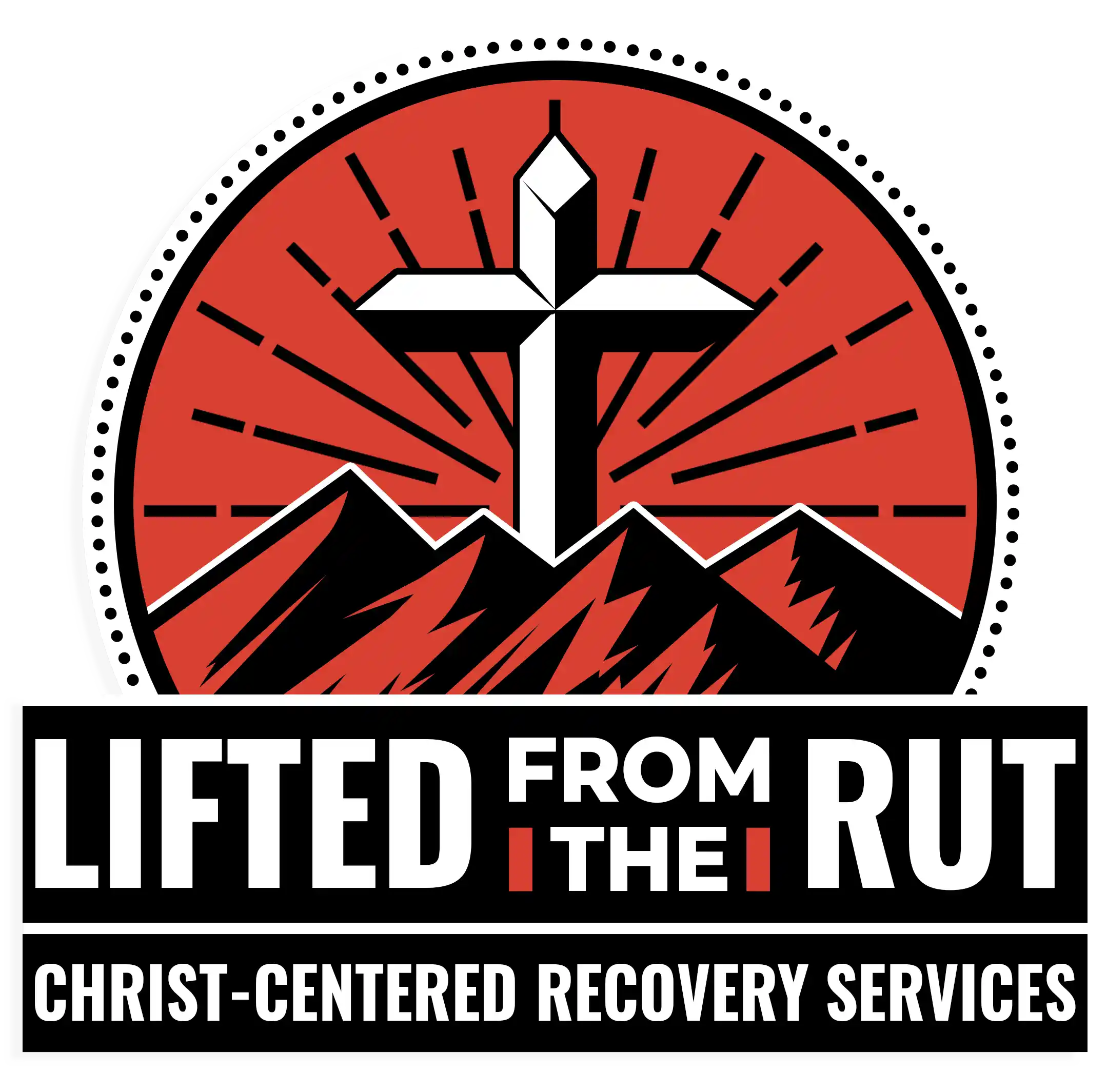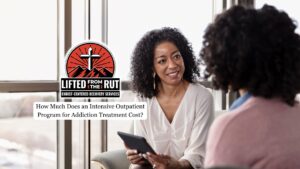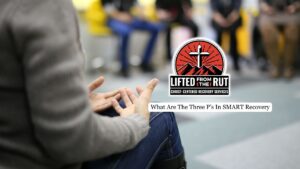Navigating the 12 steps without a sponsor is possible, but it comes with challenges. Ultimately, the decision to work the steps with or without a sponsor is a personal one. While having a sponsor is often recommended, it is not the only path to recovery. With dedication and the right support system, individuals can still experience the transformative power of the 12 steps.
In this article, we will explore the possibility of working the 12 Steps without a sponsor, examining both the challenges and alternatives associated with this approach.
What is 12-Step Recovery?
The 12-step recovery is a structured program originally developed by Alcoholics Anonymous (AA) to help individuals overcome addiction and compulsive behaviors. It involves a series of twelve guiding principles that encourage participants to admit their powerlessness over addiction, seek help from a higher power or support system, take personal inventory, make amends for past wrongs, and commit to ongoing personal growth and sobriety.
The program emphasizes mutual support through group meetings and sponsorship, fostering a community where individuals can share experiences and maintain abstinence. While rooted in spiritual principles, the concept of a higher power is flexible and can be interpreted in various ways to suit individual beliefs.
The 12-step model remains one of the most widely used and recommended approaches for addiction recovery worldwide.
The Role of a Sponsor in 12-Step Recovery
Sponsors play a vital role in 12-step recovery programs by serving as experienced mentors who have successfully worked through the steps and maintained long-term sobriety. Their main responsibilities include guiding sponsees through each step, offering support, accountability, and sharing personal experiences to help navigate challenges.
Sponsors provide emotional support, answer questions, and help maintain focus on recovery goals while fostering honesty and growth. Although not mandatory, having a sponsor is highly recommended because it significantly improves treatment outcomes and helps individuals stay engaged and committed to their recovery journey.
Working the 12 Steps Without a Sponsor
While sponsors provide accountability, share their experience, and offer guidance through the steps, individuals without access to a suitable sponsor or who prefer to work independently can still engage in the 12-Step process.
Key considerations for working the steps without a sponsor include:
- Increased self-motivation: Without a sponsor’s encouragement, individuals must rely more heavily on their own motivation and commitment to progress through the steps.
- Self-reflection and honesty: Engaging in honest self-reflection is crucial for personal growth throughout the 12 Steps, particularly when working independently.
- Utilizing alternative resources: Books, online materials, and 12-Step meetings can provide valuable insights and support for those working the steps without a sponsor.
- Developing a support network: Building connections with others in recovery, even if not in a formal sponsor-sponsee relationship, can offer a sense of community and opportunities to share experiences.
- Maintaining accountability: Creating a system of personal accountability, such as setting goals and regularly assessing progress, can help maintain focus and commitment to the 12-Step process.
While having a sponsor is often beneficial, working the 12 Steps independently is a viable option for those who are committed to their personal growth and recovery journey.
Alternative Ways to Navigate the 12 Steps
Navigating the 12 Steps without a sponsor can present challenges, but alternative approaches exist to provide support and guidance.
Group meetings provide a platform for individuals to share their experiences, gain valuable insights, and maintain accountability. These meetings can be found through organizations like Alcoholics Anonymous or Narcotics Anonymous.
Professional support from therapists or counselors specializing in addiction recovery can help individuals work through the steps and address underlying issues.
Online recovery communities and forums provide a virtual space for connecting with others who understand the struggles of addiction, allowing for the exchange of advice and experiences.
Utilizing literature, workbooks, and journaling can facilitate self-reflection and personal growth, enabling individuals to delve deeper into the steps and their personal journey.
However, it’s important to approach the steps with honesty and self-awareness, recognizing when additional support may be necessary to overcome obstacles and maintain progress in recovery.

Step-by-Step Considerations
Working the 12 Steps without a sponsor requires careful consideration and planning. To maintain accountability and progress, individuals should develop a structured approach that includes specific strategies for each step of the process.
For the step of admitting powerlessness and seeking help, this may involve setting aside dedicated time for honest self-reflection and researching available resources, such as support groups or recovery literature.
When taking a moral inventory, using tools like journaling can facilitate a thorough and objective self-assessment.
Making amends should be approached with caution, taking into account the potential impact on others and ensuring that the process is carried out in a safe, responsible, and considerate manner.
To stay on track, creating a detailed plan with regular check-ins and progress tracking can help maintain motivation and identify potential roadblocks.
Throughout the process, prioritizing self-awareness and leveraging support systems, such as family, friends, or therapy, can provide additional guidance and encouragement.
The Importance of Community and Support
Community and support are crucial elements in the recovery process. Participating in recovery activities, such as meetings, group therapy, or recovery circles, provides accountability, encouragement, and opportunities to learn from others’ experiences, which helps reduce feelings of isolation.
Building a personal recovery network of friends, family, and peers who understand the journey is also important. While the 12 Steps can be worked on individually, involvement in a supportive community greatly enhances the chances of maintaining sobriety and promoting personal growth.
When and Why to Seek A Sponsor
Individuals may consider seeking a sponsor when they struggle to maintain accountability or face challenges that require additional guidance. A sponsor can help create a more structured approach to recovery, which can be particularly beneficial for those who feel overwhelmed or stuck in their journey.
Although the decision to seek a sponsor is a personal one, it can significantly enhance an individual’s recovery journey and increase their chances of achieving long-term success in maintaining sobriety and personal growth.
Final Thoughts from LFTR Christ-Centered Recovery Services
If you’re considering working the 12 Steps, don’t navigate the journey alone. If a sponsor isn’t immediately available, be sure to participate in meetings, explore recovery literature, and engage with online communities to stay supported and motivated.
At LFTR Christ-Centered Recovery Services, we recognize that recovery is a lifelong journey that necessitates ongoing support, guidance, and dedication. Whether you’re just starting or have faced challenges along the way, our compassionate team is here to provide personalized care, proven strategies, and unwavering encouragement to help you stay focused and move forward in your recovery.





